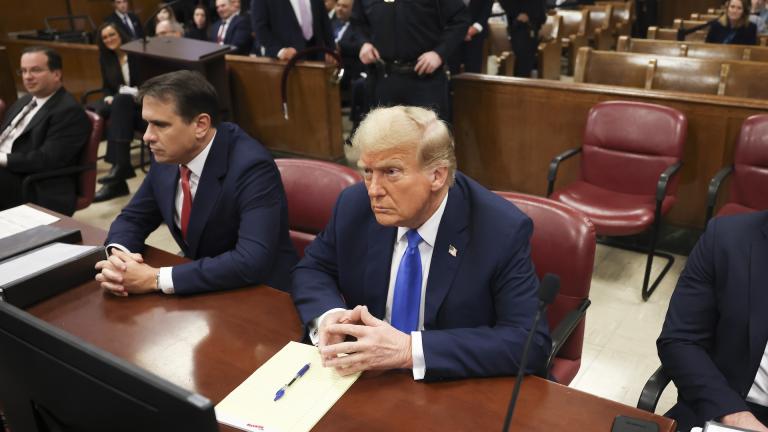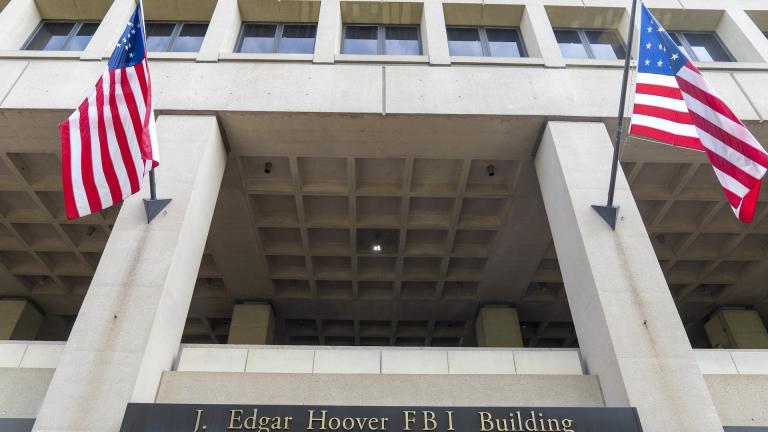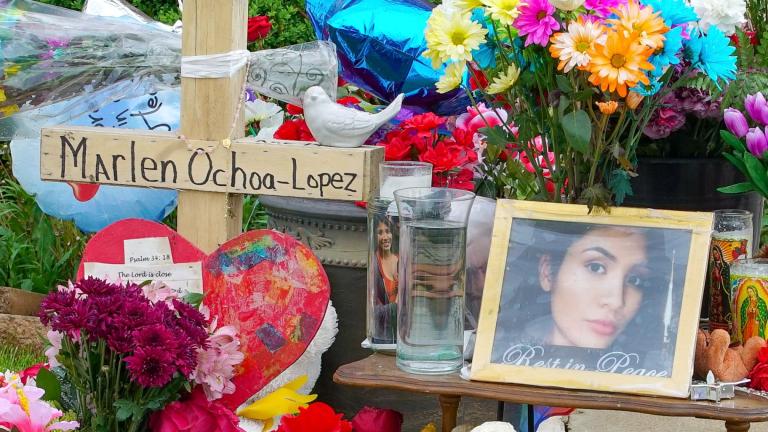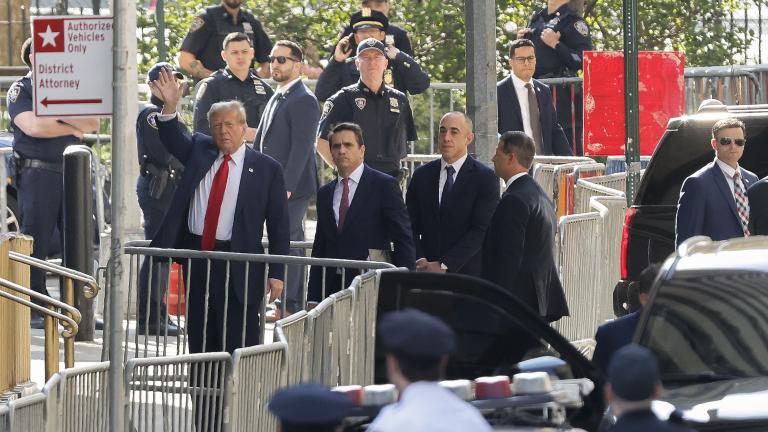Both locally and nationally, carjackings are on the rise.
In Chicago, they have tripled over the last decade, according to the Cook County sheriff’s office. Other cities including New York City, Philadelphia and Washington, D.C. have also seen similar upticks.
“Carjacking is a scourge. To be sitting in your car with your family and have a person stick a gun in your face and force you to get out so they can steal the car, that’s a situation no American should have to face,” Sen. Dick Durbin (D-Illinois).
Experts called Tuesday before the U.S. Senate. Judiciary Committee, which Durbin chairs, point to various reasons behind the surge.
With demand high and supply low for used cars, criminals can make a profit from stolen vehicles.
“Cars are being stolen here in the United States. There’s VIN swaps that are utilized to resell the vehicles so they’re not known that they are stolen. They’re shipped overseas, Middle East criminal enterprises,” said David Glawe, president of the National Insurance Crime Bureau. “And then cars are also shipped to Mexico. We repatriate hundreds of cars a year…after they’re stolen.”
Perpetrators may be looking for an anonymous car to use in another crime, like a drive-by shooting.
Cook County Sheriff Tom Dart points to that as a common motive.
Dart testified that carjackings are easy to carry out, but they’re hard to solve and prosecute.
One issue: It’s tough to know the extent of the issue, due to disparate data. To that end, Durbin has asked the FBI and Department of Justice to establish a national database.
Law enforcement leaders also cite problems accessing vehicle location tracking data in a timely fashion.
“I’m a former prosecutor and I can tell you firsthand, the quicker we can get that vehicle, the less chance it will be used in another crime and the more likely we’ll be able to convict somebody,” Dart said. “The longer it takes, the less likely we can convict anyone.”
Dart said quick access to a car’s location is a game-changer when it comes to finding the car and culprits.
When deputies and officers have to rely on license plate readers to catch cars on their watch list, there’s a four-second lag time.
“They’re on the expressway, on the Dan Ryan, they’re now five miles down. We’re just completely operating in the dark,” Dart said. “When it’s tracked, we’re there, right on top of it. When it’s not tracked it’s completely, completely random and occasionally we will get lucky.”
Most cars manufactured after 2015 have tracking systems, but Dart told senators it’s often not clear who to call to access that information. Some auto companies have limited hours, so there’s no one to call when a carjacking occurs; in other cases, companies insist a customer pay a charge to begin tracking their stolen cars.
Senators are exploring options like giving U.S. attorneys a greater role.
“I’m looking at expanding the reach of federal carjacking statute,” said Sen. Chuck Grassley (R-Iowa).
Grassley was among Republicans on the committee who blamed “progressive prosecutors” for letting criminals off the hook, and who attempted to tie spikes in crime to the movement to defund the police.
Law enforcement officials also called for the federal government to establish a national standard for when, and how, police can get this tracking data.
John Bozzella, president of the Alliance for Automotive Innovation, an auto manufacturer’s trade group, said that’s a sensitive area, and that car companies have to balance sharing location information with a consumer’s privacy rights.
Bozzella said companies shouldn’t be made to share information with a third party — even law enforcement — without express consent of the vehicle’s owner, unless there’s a warrant, court order or exigent circumstances.
He said carmakers need to know exactly what circumstances meet that definition.
“Is it any case where a vehicle is stolen by force? Does it only apply in a circumstance where the theft places the owner or the passenger in imminent danger? At a minimum we feel there should be a process to certify that there are exigent circumstances,” Bozzella said.
Dart, who could potentially face challengers as he runs for reelection, told senators privacy concerns are no reason to be “paralyzed” from moving forward.
Follow Amanda Vinicky on Twitter: @AmandaVinicky








